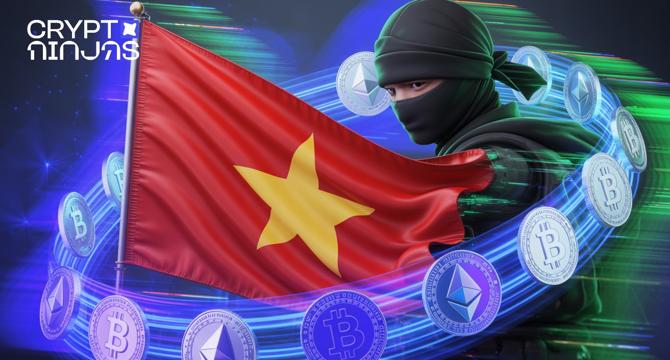Cryptoninjas
1d
127

Image Credit: Cryptoninjas
Vietnam Legalizes Crypto: Landmark Law to Regulate Digital Assets and Spark Web3 Boom
- Vietnam has officially legalized crypto assets under a new law, aiming to regulate digital assets and boost the Web3 ecosystem.
- The law, effective from January 1, 2026, provides a regulatory framework for virtual assets and crypto assets to be overseen by the government.
- The move is expected to enhance Vietnam's reputation internationally, attract crypto investments, and facilitate a regulated Web3 ecosystem.
- Vietnam aims to become a regional leader in Web3 and digital finance with the Digital Technology Industry law recently passed by the National Assembly.
- The law differentiates virtual assets from crypto assets, establishing legal definitions and exclusions for each category.
- This development resolves years of confusion as Vietnam lacked a formal legal structure for digital currencies, impacting local startups and foreign investors.
- The law focuses on enforcing anti-money laundering (AML) and combating the financing of terrorism (CFT) regulations, paving the way for better FATF compliance.
- Vietnam's approach is cautious compared to countries like El Salvador, focusing on infrastructure and regulatory frameworks over legitimizing cryptocurrencies as payment instruments.
- The new law is expected to attract VC and institutional investments, retain Web3 talent, and draw global players to Southeast Asia through regulated markets.
- The Vietnamese government plans to pilot regulatory sandboxes for new crypto innovations and aims for full enforcement of the law by January 1, 2026.
Read Full Article
7 Likes
For uninterrupted reading, download the app